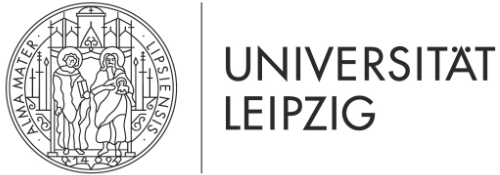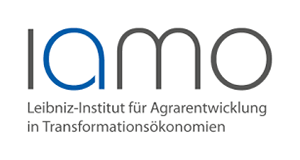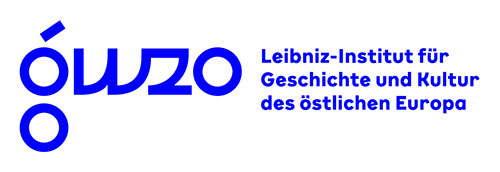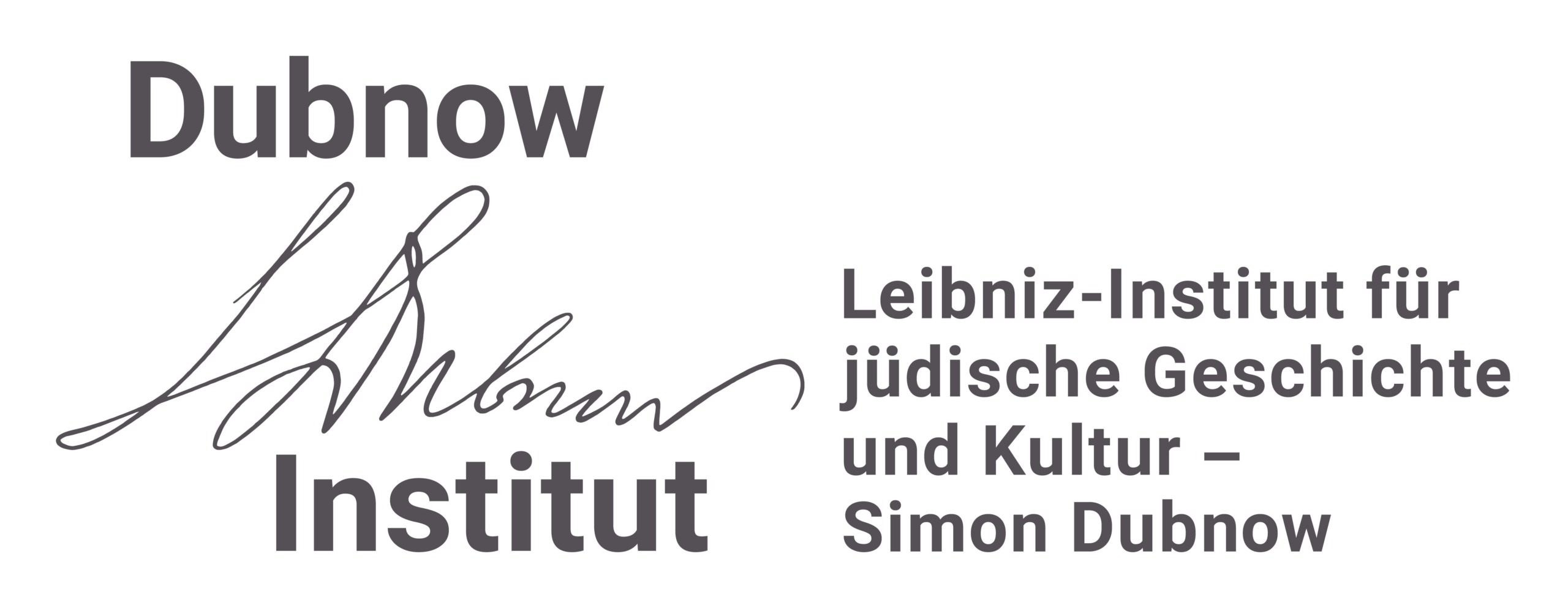Dr. Katarina Ristic
Stay at EEGA: October 2017 – March 2018
Katarina Ristić is a researcher at Global and European Studies Institute, Leipzig University. She was a research associate in the International Security and Conflict Studies at the Helmut-Schmidt University/The University of the Federal Armed Forces in Hamburg and at the Magdeburg University. After graduating philosophy at Faculty for Philosophy, the Belgrade University (2004), she obtained a PhD from the Faculty of History, Arts and Oriental Studies, at the Leipzig University (2013). Her first monograph, Imaginary trials – War Crime Trials and Memory in former Yugoslavia (2014, Leipziger Universitätsverlag) deals with victims‘ narratives in trials and their media portrayal in Croatia, Bosnia and Serbia.
Research Project: Transnational Memory of Balkan NATO Interventions
Wars in former Yugoslavia were the first post Cold-war conflicts where political, legal and military strategies developed around emerging humanity principles were applied: responsibility to protect (R2P) and accountability for crimes against humanity, war crimes and genocide. NATO humanitarian interventions in Bosnia and Herzegovina and FR Yugoslavia, and the International Criminal Tribunal for former Yugoslavia (ICTY) exemplify new practices and institutions, which prioritize human rights over state sovereignty, on the one hand, while criminalizing individual conduct in the war and limiting impunity, on the other. Wars in former Yugoslavia were primarily national liberation wars, guided by nationalist, sovereignty concerns. During the last twenty years such conflicting normative regimes created complex, often contradictory interpretations and justifications of NATO interventions on different scales.
This project aims to analyze transnational memory of NATO Balkan interventions as trajectories of memory creation on the global, regional and local scale, looking at different mnemonic actors, and their attempts to attribute the meaning to the Intervention by looking backward (to the 90s wars in Croatia, Bosnia or even the World War II), and/or by looking forward (to the following interventions or non-interventions, like Iraq, Libya, Syria, Afghanistan, Crimea). Focusing on political and media discourses on different scales, the project aims at deciphering memory contestations within and between scales, focusing on commemorations and anniversaries in national and international media and discussions about potential interventions in the UN SC and national parliaments.
Interview with Katarina Ristic
#1 – How did you get to know EEGA ScienceCampus?
#3 – What are the links between EEGA ScienceCampus?
#4 – What is EEGA ScienceCampus to you?
#5 – The benefit of EEGA ScienceCampus to me is…








